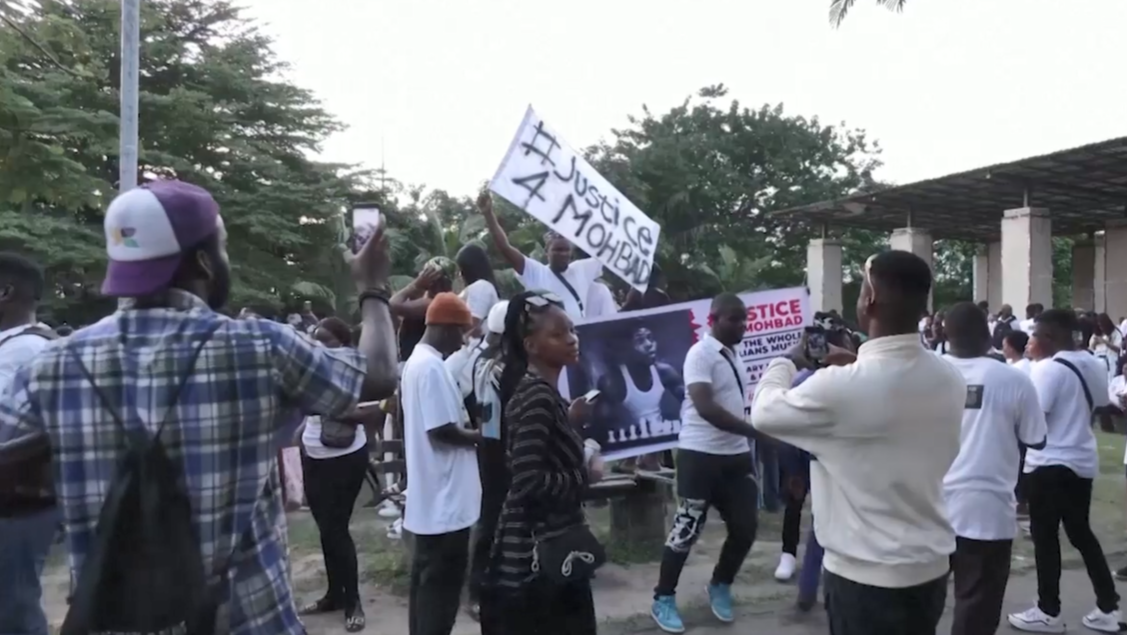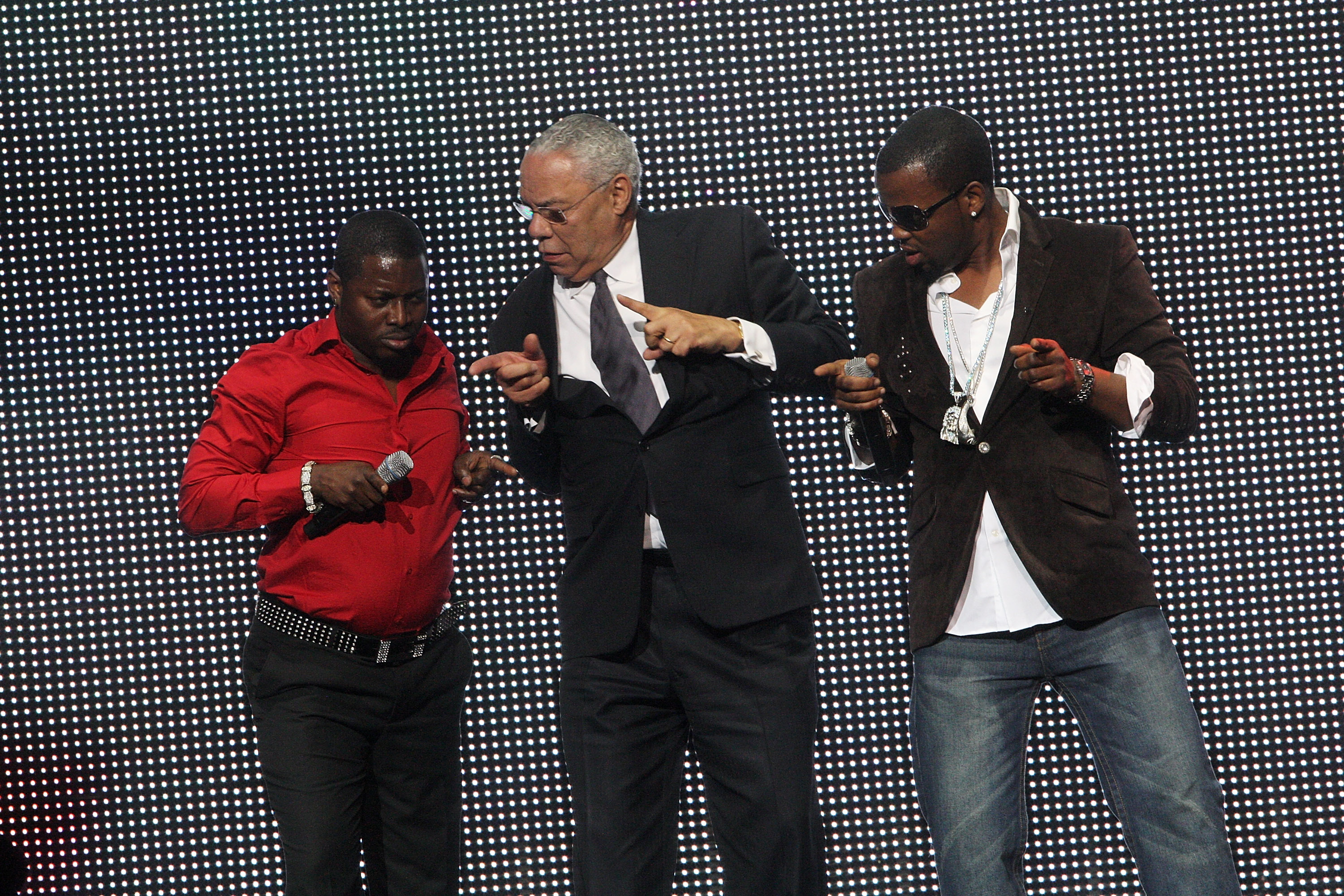Nigerian rapper MohBad’s death exposes murky side of Afrobeats
Rising star’s sudden demise after raising maltreatment accusations puts genre in the spotlight

Protesters demand justice for Afrobeat star MohBad following his mysterious death © Sunday Alabama/AP
Aanu Adeoye in Lagos | SEPTEMBER 26 2023
The mysterious death of a young Nigerian rapper has sparked protests and vigils from Lagos to London and brought the murky side of the billion-dollar Afrobeats music industry into the spotlight.
MohBad, born Ilerioluwa Oladimeji Aloba, a fast-rising star whose club hits “Peace” and “Feel Good” climbed the streaming charts in Nigeria, died at a Lagos hospital earlier this month. His sudden demise at 27 and the rush to bury him in the early hours of the following morning have led to angry speculation over foul play.
Fans have taken to the streets in several Nigerian cities to demand a thorough investigation, with many saying they identified with the industrious young artist — who was also a singer and songwriter — cut down in his prime.
As Nigerian musicians such as Burna Boy, Davido, Wizkid and Tiwa Savage sell out arenas at home and abroad, the Afrobeats music scene has morphed over two decades from a little-known genre to a globe-spanning industry.
With limited opportunities in the wider economy, Afrobeats has become a symbol of hope and means of expression for Nigerian youth — roughly 70 per cent of the nation’s 200mn citizens are under 30.
“I’m so sad,” said 29-year-old fan Wemimo. “The guy was bullied and it’s really emotional for everyone. Nobody should have to go through that.”
The bullying accusations stem from problems revealed by MohBad after he left his record label last year, alleging that he was owed royalties and had been maltreated. MohBad had also posted a number of videos of himself injured in what he claimed were attacks ordered by industry figures.
Following his death on September 12, a letter written by MohBad to Lagos police was published in local media in which he claimed to have been attacked by a group of men at a video shoot — he said the men had threatened to kill him.
High-ranking Nigerian politicians, including the Lagos state governor and the Senate committee chair for the creative economy, have assured MohBad’s supporters that due process would be followed to uncover the cause of his death. Lagos police exhumed his body last week and have conducted an autopsy, but its findings have not yet been made public.

Nigerians protest in Lagos after the death of Afrobeats star MohBad © Reuters
Afrobeats passed a milestone this month when “Calm Down” by Nigerian singer Rema and US star Selena Gomez became the first song with an African lead vocalist to reach a billion streams on Spotify. But underneath the genre’s growing success is a seedier side, said Segun Akande, a former record label executive.
The music industry — globally and in Nigeria — has always attracted shady characters, he said. In the Afrobeats scene, there has long been suspicions that wealthy drug dealers, internet fraudsters and other criminal groups often lure in up-and-coming artists with financial support.
The involvement of respectable international labels such as Universal and Sony had brought more “structure” to the genre, but “the guys on the lower end are still shut out”, said Akande, referring to artists from poorer backgrounds such as MohBad. “Talented individuals have had no choice but to seek funding from questionable individuals because music is incredibly expensive to produce and market,” he added.
MohBad was known for his “Afro-Adura” tracks, a sub-genre of Afrobeats characterised by rapping or singing about hustling while praying for a better life. The sound is popular among Nigerian youths who live in the working class parts of Lagos, such as Ikorodu, where MohBad was from.
At a candlelight memorial in Lagos last week supporters wearing white T-shirts, some emblazoned with a picture of the late rapper, chanted “justice for MohBad” amid the din of vuvuzela horns.
They also lit a lantern and set it free in memory of the artist whose nickname was “Imole”, meaning “light” in his native Yoruba language. “Imole ti de, okunkun parada,” they sang, “light is here, darkness has disappeared”.
“The guy’s death is really painful,” said a MohBad fan called Ojo. “We cannot continue like this in the music industry. All the bad things happening in the industry have been revealed and we don’t want it to happen again.”
Copyright The Financial Times Limited 2023. All rights reserved.
Nigerian rapper MohBad’s death exposes murky side of Afrobeats

